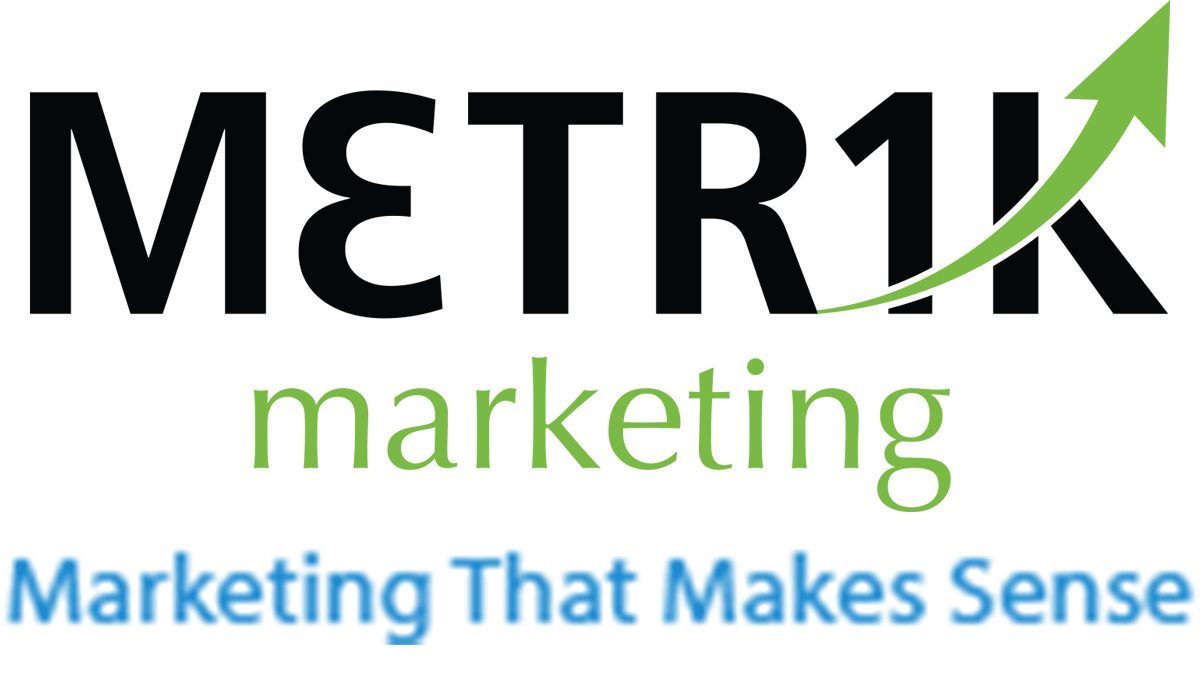🤖 AI Chatbot Showdown 2025: ChatGPT vs Claude vs Gemini vs Perplexity (and More)
In 2025, the rise of generative AI and Large Language Models (LLMs) has completely transformed how people search, research, and interact with online content. With more users turning to AI chatbots like ChatGPT, Claude, Gemini, and Perplexity—sometimes bypassing traditional search engines like Google and Bing—businesses and content creators are rethinking how they stay visible online.
At Metrik Marketing, we’ve seen firsthand (through Google Analytics and client campaigns) how this shift is changing the digital landscape. In this post, we’ll break down the leading AI chatbots of 2025, compare them to traditional search engines, and share actionable tips to keep your business ahead in this new era.

Why It Matters for Visibility
With more users bypassing standard search and turning to LLM-powered platforms for answers, being visible on AI-driven tools has become a strategic advantage. Unlike search engines that present a list of links, many AI chatbots offer a single synthesized response—meaning only the most relevant and cited sources make it into the conversation. This shift makes content optimization for LLMs just as critical as SEO.
Recently, we’ve helped clients understand how to boost their discoverability across generative AI tools—a timely move considering the rise in traffic from these sources.

Breaking Down the Leading AI Chatbots
1. ChatGPT (OpenAI)
Model: GPT-4o (2025), GPT-4.5, and GPT-4-turbo (Pro/API)
Strengths: Versatile, creative, deeply integrated
Unique Features:
- Multimodal: Handles text, code, images, and audio
- Built-in tools: Code interpreter, browser, image generator
- Personalized memory: For returning users and business use
Best For: Writing, coding, learning, content creation, and support
✅ Pros
- Balanced performance for most use cases
- Integration with third-party tools
- Smooth UX and wide adoption
❌ Cons
- Full feature access behind Pro subscription
- Free tier has limited real-time capabilities
2. Claude (Anthropic)
Model: Claude 3 family (Haiku, Sonnet, Opus)
Strengths: Thoughtful, ethical, deeply contextual
Unique Features:
- Massive context window: Can process full documents
- Tone and empathy: Ideal for sensitive topics and nuanced communication
- Transparency-first: Focus on alignment and safety
Best For: Legal work, documentation, emotionally intelligent writing
✅ Pros
- Excellent summarization
- Clear, calm communication
- High trustworthiness in responses
❌ Cons
- No visual input yet
- Tool integration is limited
🔍 3. Gemini (Google)
Model: Gemini 2.5 Pro / Flash
Strengths: Unmatched synergy with Google’s ecosystem
Unique Features:
- Seamless access to Gmail, Docs, YouTube, and more
- Rich visual and code understanding
- AI Studio: Google’s developer-focused LLM hub
Best For: Research, analysis, productivity with Google services
✅ Pros
- Deep factual strength
- Integrated experience for Google users
- Robust for technical content
❌ Cons
- Interface can feel overly structured
- Still tied to a “search mindset”
🗒️ Note: Google is also using generative AI to optimize search campaigns (e.g., AI-powered Max tools)—making integration between LLMs and traditional advertising tighter than ever.
4. Perplexity AI
Model: Combines GPT, Claude, and others behind the scenes
Strengths: Real-time, source-backed answers
Unique Features:
- Live web search
- Citations-first model: Every answer is sourced
- No-fluff interface focused on speed and clarity
Best For: Research, fact-checking, data synthesis
✅ Pros
- Real-time accuracy
- Transparent answers with references
- Growing fast as a trusted LLM search alternative
❌ Cons
- Less ideal for deep logic tasks
- Not as creative or multimodal as others
Honorable Mentions
- Mistral
Open-weight LLMs ideal for developers and self-hosting - Meta’s LLaMA 3
Fast, flexible, integrated into Meta apps (WhatsApp, Instagram)

Traditional Search Engines vs. Generative AI Tools
Feature
Output Format
Content Source
Personalization
Citation
Discovery
Method
User Flow
Traditional Search (Google/Bing)
List of links
Indexed websites
Limited
Link previews
SEO
Click & read
Generative AI Tools (LLMs)
Direct, synthesized answers
Trained + real-time web (varies by model)
Expanding (memory, context-aware)
Inline citations (Perplexity), none or optional (ChatGPT)
Prompt visibility + source reliability
Ask & receive
How to Stay Visible in an AI-First World
The LLM race is accelerating. Here’s how to stay ahead:
- Be prompt-worthy: Structure content to answer questions directly and clearly.
- Build trust: Cite reputable sources and keep information up to date.
- Optimize for both humans and AIs: Use clear headings, concise summaries, and structured data.
Monitor analytics: Track traffic from AI chatbots and adjust your strategy accordingly.
Metrik Marketing Can Help
Since 2008, Metrik Marketing has helped businesses adapt to every major shift in digital marketing—from early SEO to today’s AI-powered landscape. Our expertise spans Google Analytics, multilingual campaigns, and now, AI chatbot optimization.

Ready to future-proof your online presence?
Contact us for a tailored AI visibility audit or strategy session. We’ll ensure your content is discoverable, cited, and trusted—no matter where your audience is searching for answers.
Final Thoughts
In 2025, visibility isn’t just about ranking on Google—it’s about being in the answer. As more users rely on AI chatbots, your business needs to be where the conversation happens. Let Metrik Marketing help you lead the way.
Photo Credits:
Photo: yuriz from Getty Images via canva.com
Photo: Just_Super from Getty Images Signature via canva.com
Photo: BlackJack3D from Getty Images Signature via canva.com
Photo: Prostock-Studio from Getty Images via canva.com
